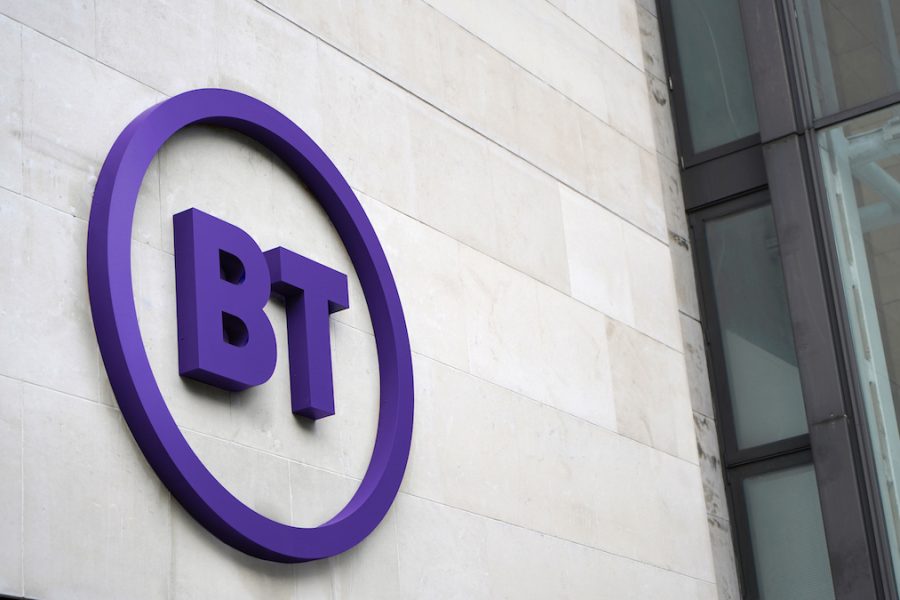Europe’s telcos flout net neutrality in push to make Big Tech pay
Visitors to emerging-market kleptocracies may be familiar with the concept of the “tourist price” for popular attractions. The basic idea is to fleece rich Westerners so that poor locals, bled dry by thieving politicians, can at least enjoy free access to some ancient ruins. Nobody complains because the fees are usually exorbitant only by local standards, and many travelers already feel Western guilt that they can live like palace-dwelling kleptocrats on just a few dollars a day. But however you square it, tourist prices are discriminatory.
That’s a problem for Europe’s telecom industry, which hopes to import the idea from the developing world’s tourist sector and apply it to networks without violating the cherished principle of net neutrality. Aggrieved that their own business models have not allowed them to share in the wild success of capacity-guzzling Internet giants, Europe’s telcos want the likes of Amazon and Netflix to shoulder tourist prices for network access so that everyone else can pay less.
It is not framed in exactly these terms but rather by reference to what ETNO (the European Telecommunications Network Operators’ Association) calls a “fair contribution” in a statement issued this week. “All European network operators investing in gigabit networks – no matter whether alternative or traditional, small or big – should be able to rely on a fair and proportionate contribution by Big Tech companies to the network costs they generate with their traffic,” is the critical wording.
These “fair contribution” calls have been gaining volume during the pandemic as operators start to sweat about their increasingly knackered approach to network monetization. It is possible to feel some degree of sympathy for executives who inherited this flawed system from their forebears. Internet usage has exploded, and today’s networks need expensive upgrades to cope with video streaming, graphics-heavy games and other advanced applications.
But there is no corresponding uptick in sales. Operators skipped from the taxicab to the Uber model years ago, and consumption is rarely metered. In a country where just about everyone is a broadband customer, that means revenues have flattened. Surging costs plus flat revenues equal something’s gotta give. Operators seem to think it should be the Big Tech firms that have popularized Internet usage.
Squeezing Big Tech
European authorities are not averse to squeezing Big Tech. Even in famously neutral Switzerland, politicians have passed laws forcing Netflix to invest 4% of its local revenues in the Swiss filmmaking industry. Netflix has already done more than any traditional broadcaster to champion non-English language content and bring it to a bigger audience, which makes this law a blatant cash grab.
The trouble is that Europe’s authorities, for several years, have been hollering as loudly as any placard-waving protester about net neutrality. From the perspective of lawyers, the concept is about as well-defined as Homer Simpson’s abs, but Europe has at least put forward something it calls the “open Internet.” On its website, it says, “EU rules enshrine the principle of open Internet access: Internet traffic shall be treated without discrimination, blocking, throttling or prioritization.”
As vague as this all sounds – and overlooking the fact that asking Internet companies to pay for what consumers have already bought would be double-charging – billing some companies but not others for essentially the same thing clearly flouts the parts about discrimination and prioritization.
ETNO could get around this by proposing a tiered system of charges based on traffic volumes. Perhaps hobbyist and less popular sites do pay nothing, and fees are applied as certain capacity thresholds are breached. But leeching from a few companies, lazily lumped together as Big Tech, is tourist-price thievery.
To read the complete article, visit Light Reading.

















